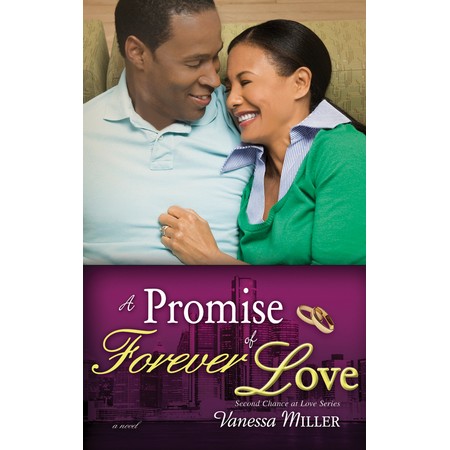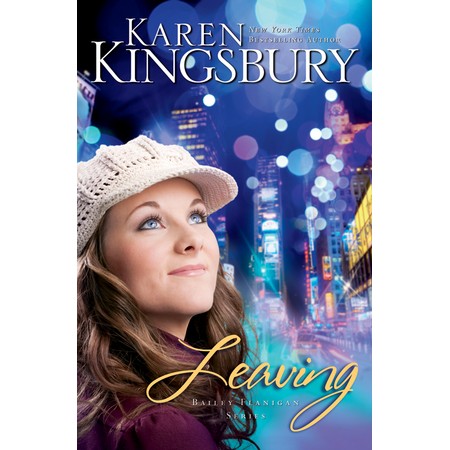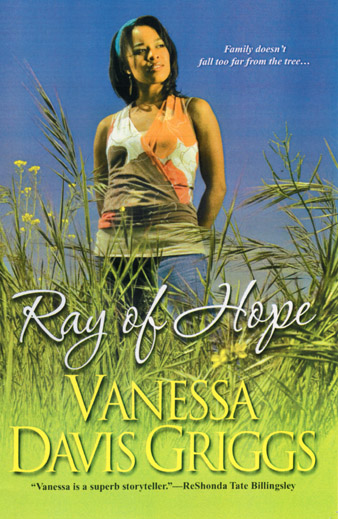
Good news for David C Cook Publishers. Julie Cantrell’s INTO THE FREE has had a great debut. It has sat on the top 100 paid best-sellers lists at Amazon.com, Kindle and Barnes & Noble. Here’s an excerpt:
CHAPTER 1
March 1936
A long black train scrapes across Mr. Sutton’s fields. His horses don’t bother lifting their heads. They aren’t afraid of the metal wheels, the smoking engine. The trains come every day, in straight lines like the hems Mama stitches across rich people’s pants. Ironing and sewing, washing and mending. That’s what Mama does for cash. As for me, I sit in Mr. Sutton’s trees, live in one of Mr. Sutton’s cabins, sell Mr. Sutton’s pecans, and dream about riding Mr. Sutton’s horses, all in the shadow of Mr. Sutton’s big house.
“He owns the whole planet. Every inch and acre. From sea to shining sea!” I lean over the branch of my favorite sweet gum tree and yell my thoughts down to Sloth, my neighbor. His cabin is next to ours in the row of servants’ quarters on Mr. Sutton’s place. Three small shotgun shacks with rickety porches and leaky roofs. Ours is Cabin two, held tight by the others that squat like bookends on either side. All three are packed so close together I could spit and hit any of them.
Sloth kneels in the shade around the back corner of Cabin one. He is digging night crawlers for an afternoon trip to the river. With wrinkled hands, he drops a few thick worms into a dented can of dirt and says, “he don’t own the trains.”
I can only guess where the boxcars are going and where they’ve been. I pretend they carry “limber lions, testy tigers, and miniature horses wearing tall turquoise hats.” It says that in Fables and Fairy Tales, the tattered book Mama used to read to me until I learned to read by myself.
I count cars as the train roars past. Fifteen … nineteen.
“Where you think it’s going?” I ask Sloth.
“Into the free,” he says, dropping another long, slick worm into the can and standing to dust dirt from his pants.
He limps back to his porch, slow as honey. About six years back, he shot clear through his own shoe while cleaning his hunting rifle. Left him with only two toes on his right foot. He’s walked all hunched over and crooked ever since. He started calling himself an old sloth, on account of having just two toes. The name stuck, and even though Mama still calls him Mr. Michaels, I can’t remember ever calling him anything but Sloth.
I keep counting to twenty-seven cars and watch the train until its tail becomes a tiny black flea on the shoulder of one of Mr. Sutton’s pecan trees. Seventeen of those trees stand like soldiers between the cabins and the big house, guarding the line between my world and his. It’s a good thing Mr. Sutton doesn’t care much for pecans. He lets me keep the money from any that I sell.
I watch the train until it disappears completely. I don’t know what Sloth thinks free looks like, but I imagine it’s a place where nine-year-old girls like me aren’t afraid of their fathers. Where mothers don’t get the blues. Where Mr. Sutton doesn’t own the whole wide world.





















